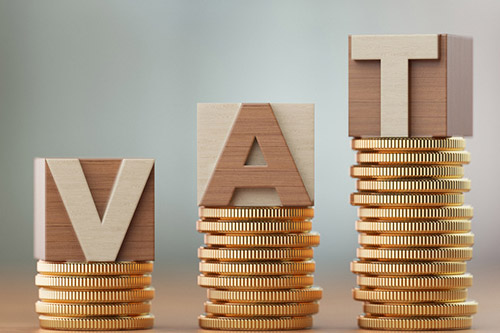Cape Town – It seems as though tax administration and compliance have taken a back seat in the ongoing struggle to fund the revenue shortfall, Marilize Neethling, tax consultant at Mazars, comments on Budget 2018.
“In the past year taxpayers have experienced increased tax administration and compliance issues with the SA Revenue Service (SARS). Run of the mill transactions are queried ad nauseam by SARS in what appears to be an attempt to increase tax revenues,” says Neethling.
These queries led to an increased number of IT14SD returns, objections and appeals by taxpayers.
The increase in VAT rate from 14% to 15% is a massive administration headache for VAT vendors, in her view. Vendors will be forced to, among other things, adjust their accounting software, keep track of transactions and invoices dated before and after 1 April 2018, and change displayed prices in store and on websites.
In her view, this will increase costs and the time needed by accounting staff when processing VAT reconciliations in the coming year. Special care will have to be taken with the monthly VAT reconciliations and return completion. Tax invoices received after 1 April 2018 must be distinguished from those received prior to 1 April 2018 and invoices must be checked to ensure they reflect the new VAT rate.
Another administration issue Neethling raises is the determination of the time of supply of goods.
“VAT vendors must investigate the rate at which VAT was charged based on the original time of supply when making or receiving payments or invoices,” says Neethling.
If the supply date for a supply made or received was before April 1 2018, output VAT must be declared or claim input VAT must be claimed based on the old VAT rate of 14%.
The real question for Neethling is whether SARS will have updated the VAT201 returns in time for vendors to submit their April 2018 returns on time. The return will also have to contain both the old and the new rate for the Category B VAT vendors that have a March/April VAT period.
Article: FIN24





